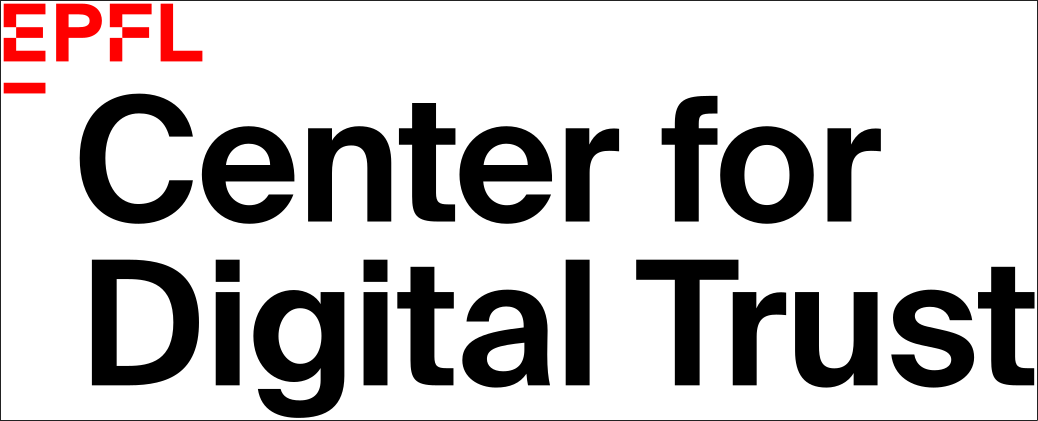# Control of Browsers and Engines
1. Controlling what the user can do
A recent example: uBlock Origin vs. Google
1. Controlling what the user can do
Blink's move from Manifest V2 to V3:
Stops the extension from blocking many ads and trackers
Security: fewer malicious links can be blocked
For the user: more ads, more malicious links, less control
2. Controlling the data the engine uses
Cookies
Browsing Data
Personal Data
2. Controlling the data the engine uses
To place the user in interest groups:
Browsing habits, personal data
Allows a lot of information about the user to be inferred: profiling
Enables more precise targeting of suggested content and ads
2. Controlling the data the engine uses
But why is this a problem?
Violates your privacy
Data theft
Shared with governments and third-party companies
What factors caused and enabled this?
Diverging interests: the users' versus the company's
A concentration of power: browsers, operating systems, engines, extensions
The choice of browser is therefore crucial.
For privacy
For security
To avoid a monopoly or duopoly
To control one's browsing experience
